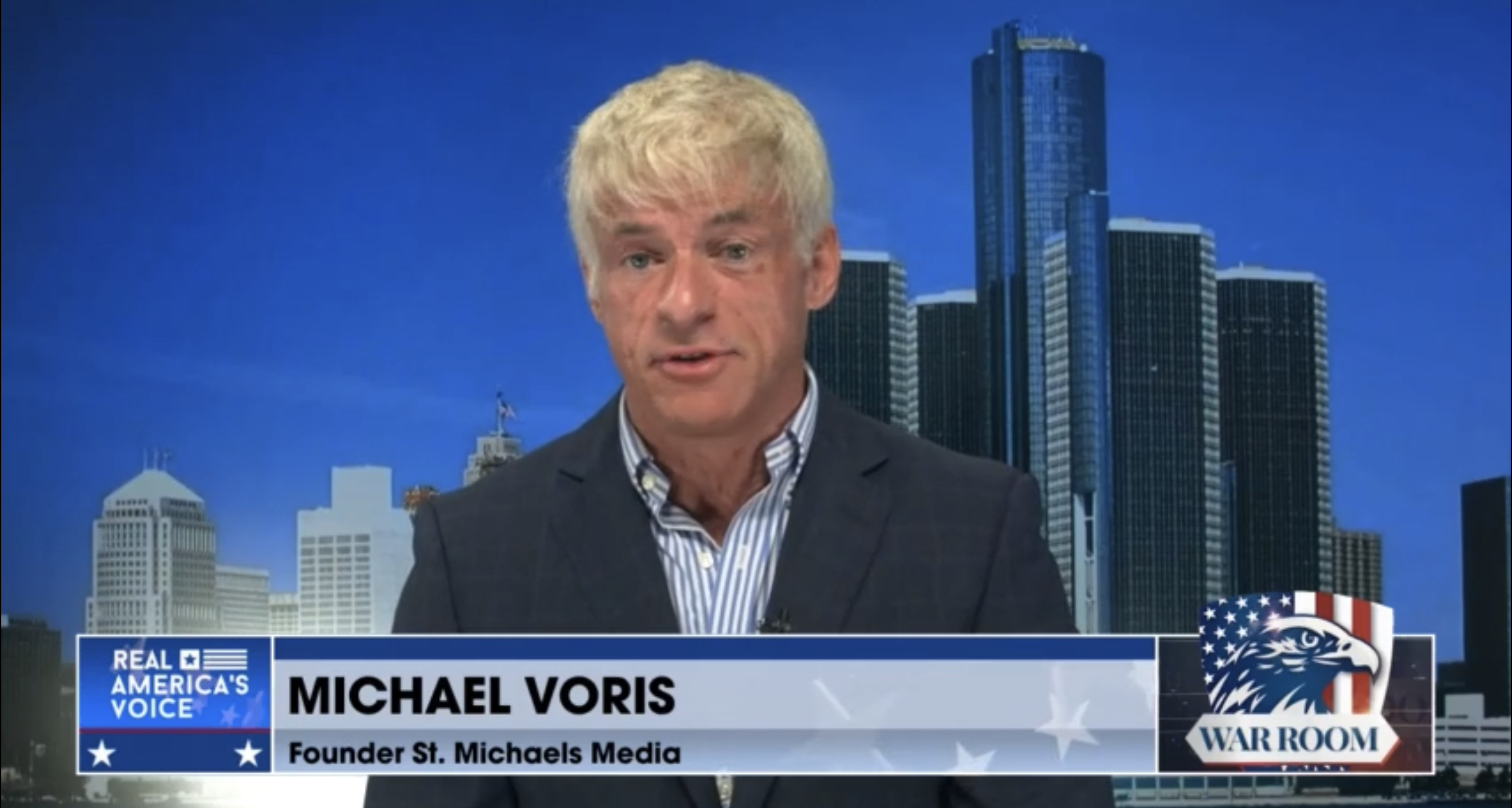
Title: How U.S. Catholic Bishops Have Worsened Southern Border Crisis While Profiting
Introduction
The ongoing border crisis in the southern United States has been widely covered, with the focus primarily on political debates, policy changes, and humanitarian concerns. However, a significant but often overlooked aspect of the crisis is the involvement of U.S. Catholic bishops, who have inadvertently contributed to the problem while simultaneously benefiting from it.
1. The Evolution of the Border Crisis
In recent years, the United States has witnessed a significant influx of migrants from Central America seeking refuge and a better life. While various factors contribute to this migration, including violence, poverty, and political instability in their home countries, their journey to the U.S. border and subsequent treatment has become increasingly contentious.
2. The Role of Religious Organizations
Religious organizations, including the U.S. Conference of Catholic Bishops (USCCB), have historically played a significant role in advocating for immigrants’ rights. Their commitment to social justice and assisting the marginalized led them to support and provide humanitarian aid to individuals arriving at the U.S.-Mexico border.
3. Questionable Ties and Church Funding
However, recent investigations have revealed a more complex reality. The USCCB, while adopting a public stance in favor of compassionate treatment for migrants, has also received significant funding from the federal government to support these efforts. This funding includes contracts worth millions of dollars to house and provide services for migrants.
4. Conflict of Interest
The moral and ethical dilemmas arise when one starts questioning the bishops’ motivations and the potential conflict of interest created by their involvement. Critics argue that the bishops’ advocacy for open borders and lenient immigration policies aligns with their financial interests in securing government contracts to house and assist migrants.
5. Profiting from the Crisis
Reports suggest that the USCCB has profited greatly from the border crisis, as they receive substantial funds for providing services such as food, shelter, and legal assistance to migrants. These contracts, awarded through the Department of Health and Human Services and other branches of the government, have created a lucrative business for the Church, raising questions about its genuine commitment to assisting migrants.
6. Political Influence and Manipulation
Moreover, the involvement of the USCCB raises concerns about the influence Catholic bishops may exert on policymakers. By advocating and financially benefiting from their involvement in the border crisis, critics argue that the bishops could be using their position to sway policy decisions in favor of lenient immigration policies, even at the risk of worsening the situation further.
7. Potential Consequences
The intertwining of financial interests and political influence among the U.S. Catholic bishops raises valid concerns about the Church’s role within the border crisis. Critics argue that the bishops’ actions may lead to unintended consequences, such as encouraging increased illegal migration, overwhelming border enforcement agencies, and compromising national security.
Conclusion
While the border crisis in the southern United States continues to be a complex issue involving various stakeholders, the involvement of U.S. Catholic bishops raises important questions. The bishops’ advocacy for lenient immigration policies, combined with their financial gain from government contracts, suggests a potential conflict of interest and calls into question the purity of their intentions. As discussions surrounding immigration reform and border security continue, it is crucial to analyze the motivations and actions of all involved parties, including religious organizations, to ensure that the crisis is addressed ethically and effectively.
